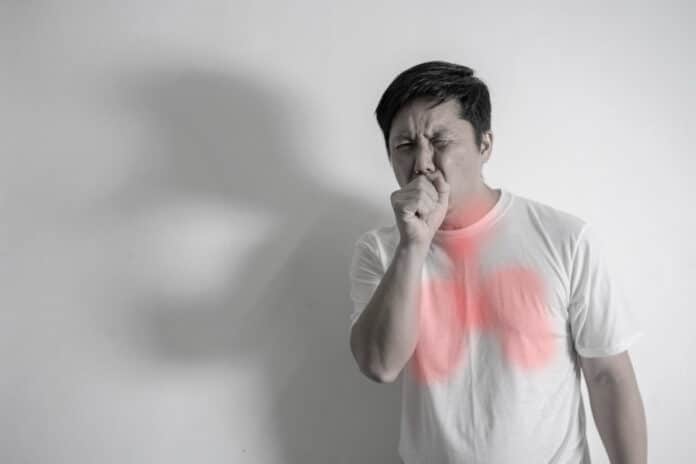Many vulnerable populations are affected by tuberculosis (TB), including those with limited economic resources, HIV patients, and those with nutrient-deficient diets. The treatment of resistant tuberculosis requires long regimens of 15-20 months that are associated with significant side effects and poor outcomes.
The quality of life and health equity has improved with six-month regimens compared to long-term treatments. However, these new regimens have yet to be adopted widely in the United States. Boston University Chobanian & Avedisian School of Medicine researchers report that four patients at Boston Medical Center (BMC) Tuberculosis Clinic were cured of MDR TB using bedaquiline, pretomanid, and linezolid (BPaL).
Carlos Acuna-Villaorduna, MD, an adjunct assistant professor of infectious diseases, said, “Our study showed that MDR TB can be successfully treated with a six-month regimen that includes only pills. The shorter duration of therapy and the lesser pill burden will result in a better quality of life, improving health equity and access to therapy for MDR TB patients. BMC is the first site in Massachusetts to use this novel treatment for patients with resistant TB.”
According to researchers, this cutting-edge treatment was implemented safely by collaboration among TB clinicians, public health nurses, pharmacists, microbiologists, and public health leaders.
Acuna-Villaorduna, “The novel BPaL regimen is a major advance as it achieves superior outcomes with fewer side effects in a significantly shorter period of time.”
Journal Reference:
- Jacobson, K. R., Canning, M., et al. Initial experience with BPaL-based regimens to treat multidrug-resistant TB.The International Journal of Tuberculosis and Lung Disease. DOI: 10.5588/ijtld.23.0185
